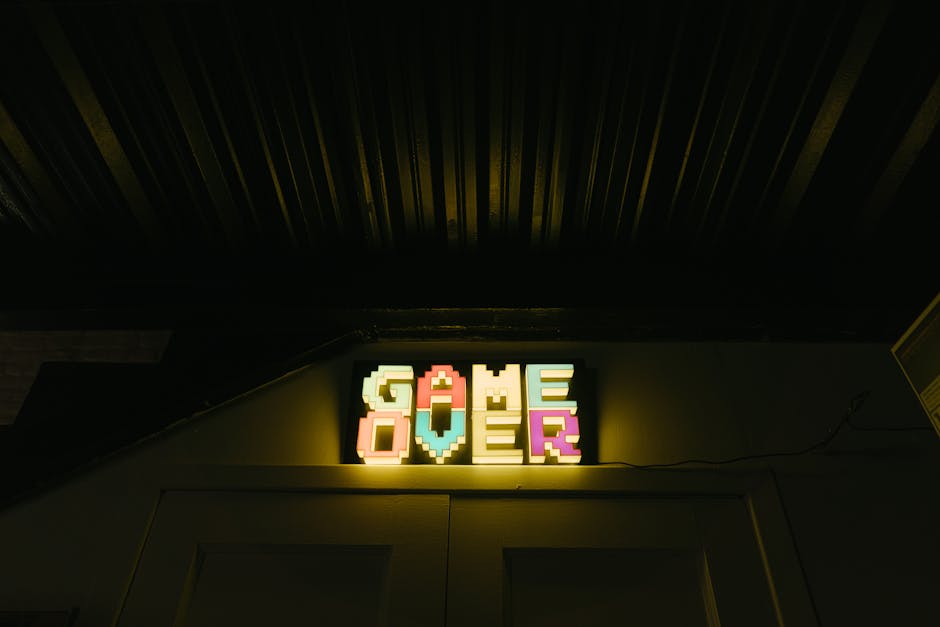Final Reckoning: Exploring the Concept in Literature, Mythology, and Life
The phrase “Final Reckoning” evokes a powerful image: a moment of ultimate judgment, a culmination of actions, a settling of scores. It’s a concept that resonates across cultures and time periods, appearing in religious texts, ancient myths, and modern literature. This exploration delves into the various interpretations and implications of the Final Reckoning, examining its significance in shaping narratives and impacting individual lives.

The Final Reckoning in Religious Contexts
Many religions incorporate the idea of a Final Reckoning, often associated with an afterlife judgment. In Christianity, the Day of Judgment depicts a final assessment of souls, determining their eternal fate in heaven or hell based on their earthly deeds. This concept serves as a powerful motivator for moral behavior and underscores the importance of faith and repentance. The imagery and symbolism associated with this final judgment vary across denominations, but the underlying theme of accountability remains consistent.
Islam similarly features the concept of Yawm al-Qiyamah (Day of Judgment), where Allah will judge all humanity based on their actions and beliefs. This judgment is detailed in the Quran and plays a vital role in shaping Islamic ethics and worldview. The emphasis on accountability and the consequences of one’s choices underscores the importance of living a righteous life.
In other religions and spiritual traditions, the concept of a final reckoning may take different forms. Some focus on reincarnation and karma, where past actions determine future lives. Others emphasize the importance of living a virtuous life in the present, aligning oneself with universal principles, rather than focusing on a singular moment of judgment.
Final Reckoning in Mythology and Folklore
Mythological narratives frequently incorporate the theme of final reckoning. Ancient Greek mythology, for example, features the concept of Hades and the underworld, where souls are judged after death. The stories of heroes and villains facing their ultimate fate emphasize the consequences of their choices and the inevitability of justice. These myths serve as cautionary tales, highlighting the importance of ethical conduct and the ultimate accountability for one’s actions.
Norse mythology includes Ragnarok, a cataclysmic event that signifies the end of the world and the ultimate battle between good and evil. This apocalyptic scenario leads to a final judgment and the subsequent creation of a new world. The powerful imagery and themes of destruction and rebirth highlight the cyclical nature of time and the constant struggle between opposing forces.
Examples of Final Reckoning in Mythology:
- Osiris and Judgement in Ancient Egypt: The weighing of the heart against the feather of Ma’at determined the fate of the deceased.
- The Celtic Otherworld: The journey to the Otherworld often involved facing trials and judgments that determined one’s fate.
- Yama and Naraka in Hinduism: Yama, the god of death, judges the souls and assigns them to their respective hells or heavens.
Final Reckoning in Literature
The theme of the Final Reckoning is a rich source of inspiration for writers, who explore its complexities in various genres. From classic tragedies to modern thrillers, the concept of ultimate consequences shapes narratives and drives character development. Often, the final reckoning isn’t a literal judgment but a metaphorical one, representing the character’s confrontation with the consequences of their actions.

In Shakespeare’s tragedies, characters often face their final reckoning as a result of their flaws and hubris. Macbeth’s ambition leads to his downfall, while Hamlet’s indecisiveness results in tragedy for himself and those around him. These works explore the moral complexities of human nature and the inevitable consequences of choices.
Modern literature also explores the theme of the Final Reckoning in various ways. Crime novels often feature a climactic scene where the protagonist confronts the antagonist, representing a final confrontation and judgment. Dystopian novels often depict a society where individuals face a constant reckoning, either by a totalitarian regime or by the consequences of environmental collapse.
Examples of Final Reckoning in Literature:
- Crime and Punishment by Fyodor Dostoevsky: Raskolnikov’s internal struggle and eventual confession represent a form of final reckoning.
- The Lord of the Rings by J.R.R. Tolkien: The final battle against Sauron and the destruction of the One Ring represent a cosmic final reckoning.
- 1984 by George Orwell: Winston’s ultimate betrayal and acceptance of Big Brother represents a personal final reckoning.
The Final Reckoning in Personal Life
While often associated with religious beliefs or fictional narratives, the concept of a Final Reckoning has relevance in personal life. It can be interpreted as a moment of self-reflection, where individuals confront their past actions and their impact on themselves and others. This self-reckoning can be a catalyst for personal growth and change, leading to a deeper understanding of oneself and a commitment to a more meaningful life.
Facing difficult truths, acknowledging past mistakes, and making amends are all part of the personal journey toward a sense of resolution. This process can be challenging and painful, but it’s essential for personal growth and healing. The “reckoning” in this context is not necessarily a judgment from an external force, but rather a self-imposed evaluation and acceptance of responsibility.

The concept of the Final Reckoning, whether in a religious, mythological, literary, or personal context, encourages reflection on morality, accountability, and the consequences of our actions. It compels us to consider the impact of our choices and to strive for a life that aligns with our values and aspirations. Ultimately, the Final Reckoning, however we interpret it, serves as a powerful reminder of the importance of living a meaningful and responsible life.
The Evolving Nature of Final Reckoning
The concept of Final Reckoning is not static; it evolves with changing societal values and beliefs. Modern interpretations often emphasize personal responsibility, social justice, and the long-term consequences of actions on the environment and future generations. The focus shifts from solely individual judgment to a broader consideration of collective accountability.
In conclusion, the Final Reckoning, in all its forms, remains a compelling and multifaceted concept. Its enduring presence across cultures and time periods testifies to its fundamental role in shaping human understanding of morality, justice, and the consequences of our choices. Whether interpreted literally or metaphorically, the theme of a final reckoning continues to inspire reflection and shape our narratives of life and death.

